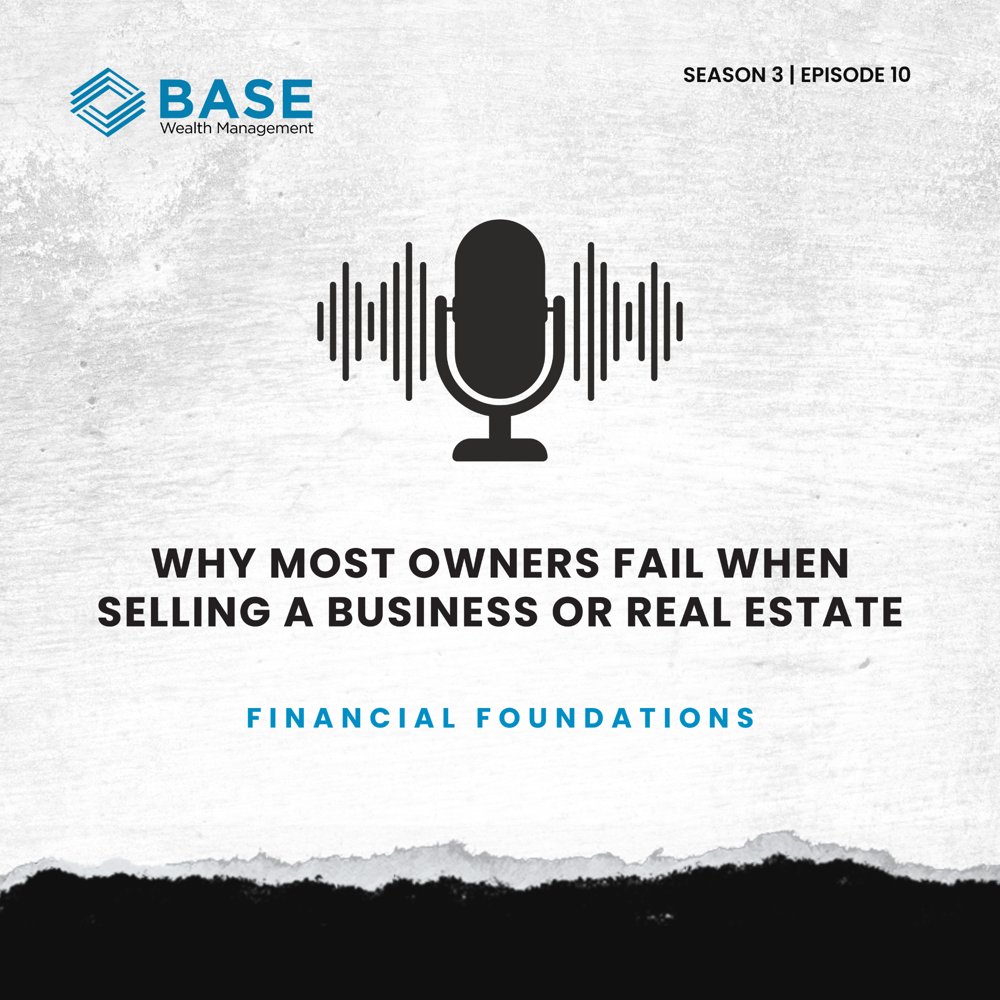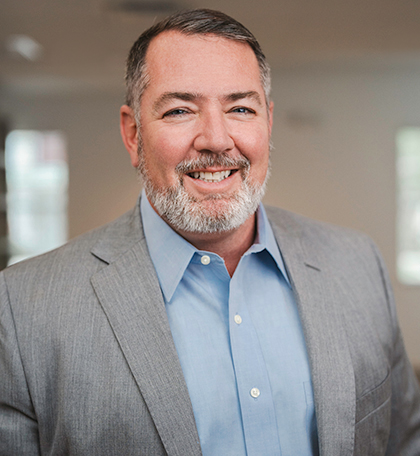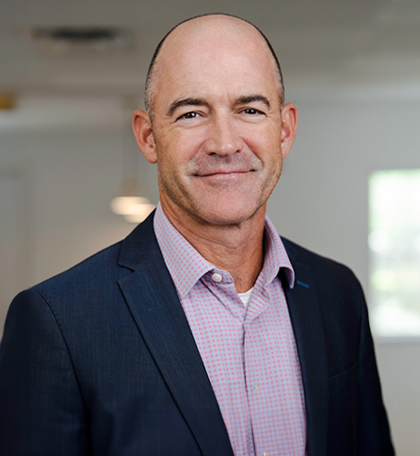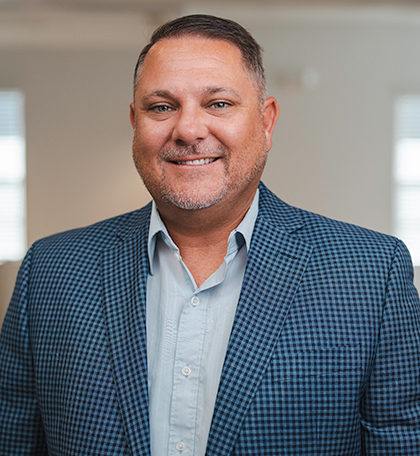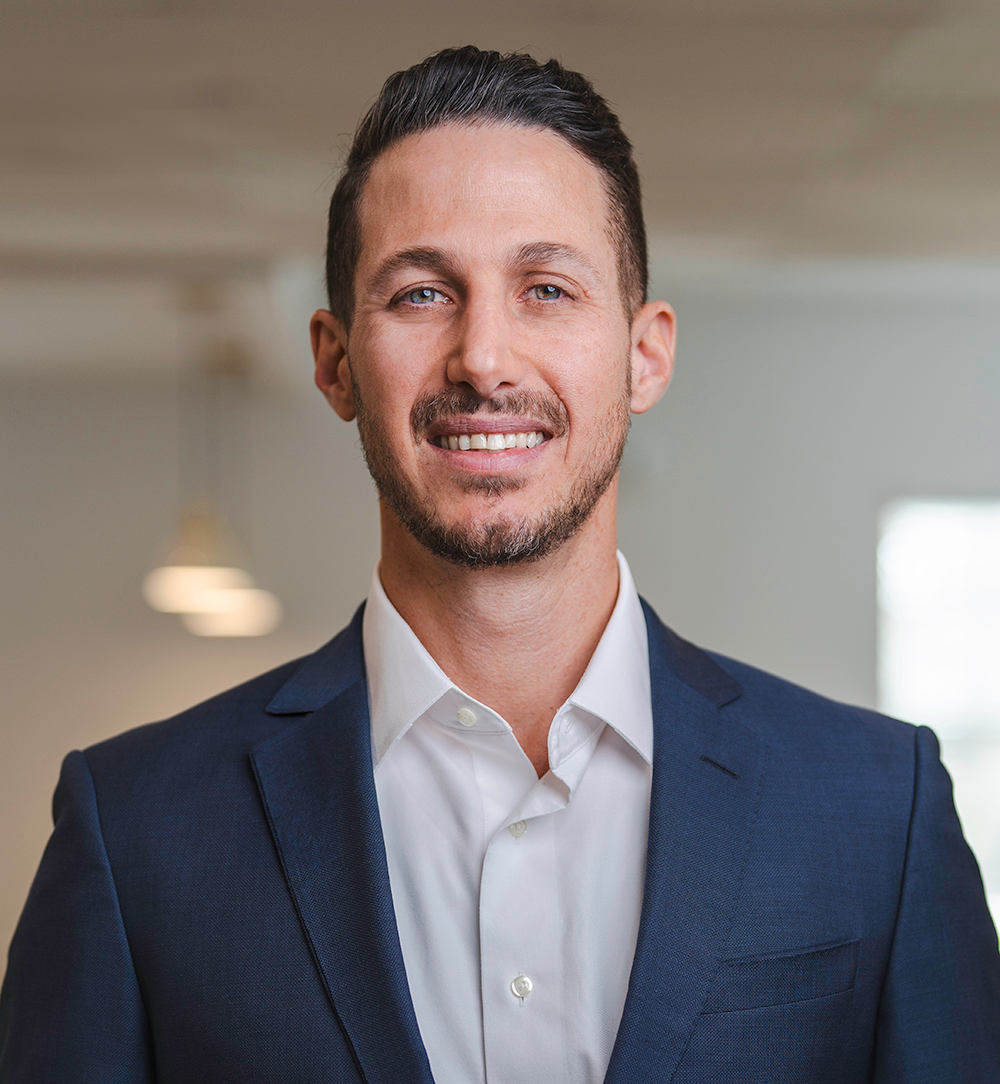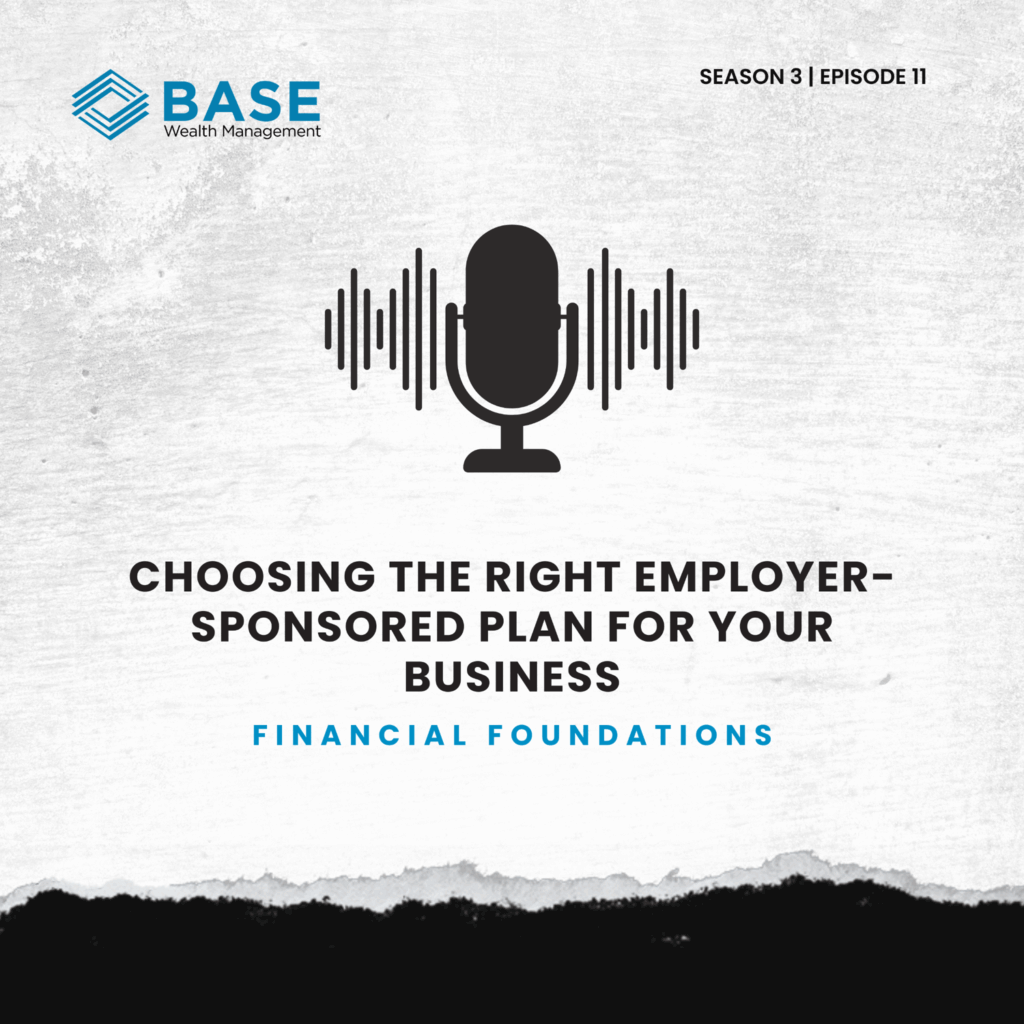
TRANSCRIPT:
So, sometimes people that are in high-risk jobs, maybe a police officer or a doctor, will say, “Well, I want to create a trust so that if I got sued, nobody can come get my things. I want to put my house in the trust. I want to put my cars in the trust.” And that’s not what a living revocable trust does.
Finance and provide you with invaluable insights and practical advice. Now, here are your hosts, Dustin Taylor and Alex Wolff. Welcome back to Financial Foundations brought to you by Baseball’s Management, where we are the foundation to your financial plan. I’m your host, Dustin Taylor. I’m your co-host, Alex Wolff, certified financial planner. And today we have with us Pat Barnes from Spinner Law. Thanks for joining us, Pat. Absolutely. Thanks for having me.
So, Pat, can you tell us who you are and what you do? My name is Patrick Barnes. I’m an attorney with Spinner Law Firm. We’re based in Wesley Chapel, just north of Tampa and we have an office in Lakewood Ranch. We cover that whole stretch between Tampa and Lakewood Ranch. We do personal injury, business development and formation, and estate planning.
And how did you become an attorney? What was the process like and why did you choose to become an attorney? I became an attorney to help people and to do public speaking. I really wanted to be in a courtroom. So I get that with the personal injury and the helping kind of problem solving I get through the estate planning. People come in, they have goals, they’ve got maybe some hurdles, some objectives, and then I help them figure out the best way to solve those. So I really, that’s my favorite part about being a lawyer is helping people interact with them.
You touched on it a bit there. Today’s episode, we want to speak about estate planning and how that affects retirement planning as well. Can we start with what are some common concerns when it comes to estate planning and what you help clients do? I think more than anything, want assurance that what they want have happened to their stuff actually does and There’s lots of ways to do that, but also people want to keep it simple They want the people that are going to be in charge to make sure that their stuff goes where they want it to They don’t have like a giant project in front of them, and they try to avoid the probate process Which is the actual court administration of your estate they want to avoid that as much as possible and so those are the three things that I think just generally people have an interest in is why they call.
People will literally call and say, “I don’t want everything tied up in the court system forever. How do I go about avoiding that?” Right. And that’s a lot of estate planning. Yeah. That’s definitely a good point that you make about making things simple, that after their passing, they want things to be distributed according to their wishes and avoid any additional court fees, the costs and the time and headache of dealing with probate.
When you’re working with a couple or a family, are you traditionally setting up trust accounts, titling accounts appropriately? What’s the process you go through with a client that comes in and wants to start some estate planning? On what I think is the best route for them to go. Some people can do a will or what we call a simple will. And as long as they have what’s called a contingent beneficiary set up on all their accounts, and there are some types of deeds that are specific to Florida, maybe you’ve heard of like a ladybird deed or an enhanced life estate deed, that can automate a lot of the process without needing a trust.
You get into out of state assets where Florida kind of loses jurisdictional control of those assets, or you’ve got a fleet of properties that you want to have kind of one container where they’re going to go, then you get into the trust, we call living revocable trust situation. And then to go even further, if you have a specific family situation, like maybe you come from a blended family and the parents who have gotten married, but they’ve got children from prior marriages, they may want each other to enjoy their properties. But upon when they’re done, when they both passed on, they kind of want own stuff to go back to their children. Like there are, there are trusts for that. Right. So it, it’s a, like broadly it’s about your assets and then making sure that they are simplified, getting to where they need to go and then it can get as complex as you want it to.
Yeah. There can definitely be some complex needs out there, blended families, special needs, children, couples that maybe don’t even have children. And so they’ve got a lot of decisions to make about what’s going to happen to their stuff when both of them have passed. Things like that. What are some common estate planning misconceptions? You put in it. So you’re also the beneficiary. You play all three roles. So you are in essence that trust.
So sometimes people that are like in high risk jobs, maybe a police officer or a doctor will say, “Well, I want to create a trust so that if I got sued, nobody can come get my things. I want to put my house in the trust. I want to put my cars in the trust.” And that’s not what a living revocable trust does. It’s really a vessel that once you die or you become incapacitated, it’s a way to make sure that things get where they need to go without the need for probate, but it doesn’t really protect you from a liability perspective. I think that’s one thing I, and I will say, going back to wanting to help people, educating people on estate planning. People call and sometimes they’ll say, “I need an estate plan.” And that is literally all that they know about it. They just know like the word. Blank slate. And that’s perfect. So we, I educate, this is what this does. This is what this does. This is why this might be right for you. So I’d say kind of fixing what people believe about trust. There are protective trusts, but it’s not the one that generally, the living revocable trust. Good point.
How does a typical first meeting go? These days, it’s usually a phone call. I’m happy to meet with people in person, love meeting people, but I’d say most often it’s a phone call and it’s me getting their general understanding, right? Tell me why you called me, right? And they may say something very specific and that helps me understand where they want to go with it. And again, they may just call and say, “I don’t have anything in place and I want something,” and that’s the extent of what they know.
And then it’s me somewhat barraging them with questions and then helping them understand why I asked those questions and what they mean. Yeah, that’s important. We deal with some of that too. When you’re doing that discovery phase and you want them to be forthcoming with as much information as possible. Cause just like with a financial plan, the plan is only as good as what you’re giving me, right? The stuff that we’re talking about, the assets and things like that. And I’ll usually say something like, “I’m going to ask you a bunch of questions. They may seem random, but I’m going to help make sense of it.”
Is that something you do or you review if they move here from another state? You review their existing documents and is it often you make changes or what’s that process? I’m always happy to review them. I’m not one to sell people into things they don’t need. So if they have a valid will from out of state that can still be probated in Florida. But obviously my recommendation is always still good. You may need to just restate it to say I’m a Florida resident.
A lot of what we put in our wills are categories. So to my descendants, which could be my kids, my kids’ kids, my kids’ kids’ kids. And I tell people, look, we’re going to build this so that if you were to pass away tomorrow, it’s good. And also if you forget about it, it should hopefully still be good in 30 years. The reality is you should be looking at it annually. Like with your financial plan, right? You don’t want to just set it and forget it. Do I need to change the personal representative? Is this trustee still appropriate?
When I created my documents and I put someone in place, that might be a completely different person in 20 years. So if I haven’t looked at my documents, you may want to say, are my parents still the appropriate age to be the guardians of my children if something happens to me? So if you’re not looking at it, like maybe not every year, but at least every couple of years, you should go back. Do I have new accounts that need to have new contingent beneficiaries put on them? Right, we moved from Chase to whatever, but we didn’t, we forgot to change the contingent beneficiary. And if you don’t have a trust, could potentially need to be probated. So yeah, looking at it and call me, right? Like call me back, say, “Hey, it’s been three years. I just want to make sure I’m still good. Can we set a call?” Sure. Right. And we offer free consultation. So what’s the harm? Right. Yeah, exactly. Good point.
What about for people that are younger, maybe not nearing retirement age? I know sometimes they think, “Oh, I don’t need to worry about this yet,” but there are a lot of things that could happen before you reach retirement age. So it’s important to have a plan in place sooner rather than later, correct? Absolutely. I mean, it’s something as simple as a basic will or a power of attorney and health care directive. Just naming somebody to make decisions if you are incapacitated. If you were in a car accident, you’re not dead, but you can’t make decisions. You can put in place a durable power of attorney that says, “I want this person to act on my behalf.”
It’s like saying, “If I can’t make decisions, this person is allowed to step in and make those decisions.” It doesn’t mean that they get to take all my money and go on a vacation, right? It means that they get to make sure that my bills are paid. So it’s just being responsible and having somebody who can make decisions. And then the same thing with a health care directive. If you want someone to be able to make health decisions, that’s really important too. So a lot of times people will wait until retirement age and they have this big plan and then they realize, “I should have started this earlier.”
So if you’re waiting until later on, you could have had these things in place, you’d have a plan in place, and you’d feel more comfortable about things. So it’s not just for older people. It really should be for everybody. Yeah, that’s definitely a good point. I think having those documents in place and having a plan, it’s going to make things easier no matter what happens. And it is one of those things that the earlier you get it done, the easier it is to make adjustments as things change and evolve.
Thanks for being here today, Pat. This has been really informative. We appreciate all the information you provided on estate planning and its impact on retirement planning. It’s great to have someone with your expertise to help guide our listeners. Well, thanks for having me. It’s been a pleasure. Absolutely.
Thank you, everybody, for listening to this episode of Financial Foundations. If you have any questions or need assistance with your financial planning, feel free to reach out. And remember, we are the foundation to your financial plan. Have a great day, everyone.


